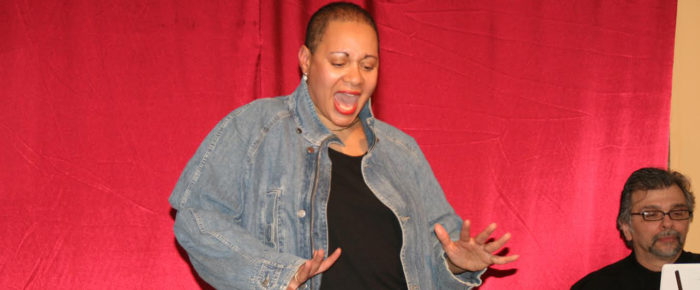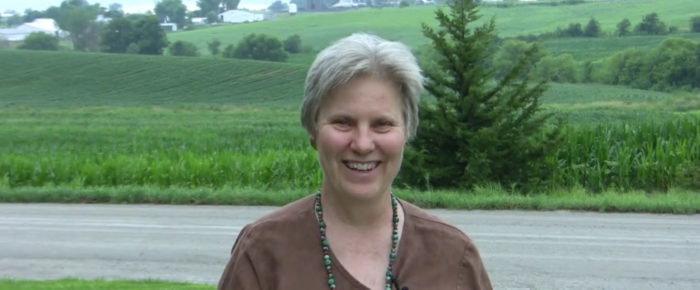Maria Aponte was born and raised an only child in East Harlem, otherwise known as “El Barrio,” in New York City, to Puerto Rican parents. Because she lost her mother…
Read moreHow writing her life story led a woman to inner healing


Maria Aponte was born and raised an only child in East Harlem, otherwise known as “El Barrio,” in New York City, to Puerto Rican parents. Because she lost her mother…
Read more
For the past 30 years, Mary Swander has risen at 6 every morning in her one-room farmhouse in Kalona, Iowa – a town known for being one of the largest…
Read more
Do you remember reading the play, “Zoot Suit” in high school or watching the movie “La Bamba” (1987), based on the life of 1950’s rocker Ritchie Valens, starring Lou Diamond…
Read more